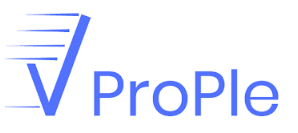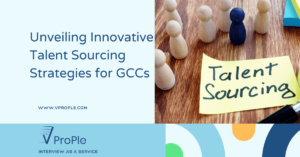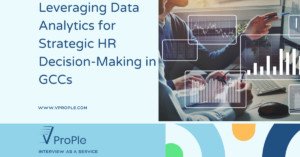This website use cookies to help you have a superior and more relevant browsing experience on the website.
Archives
Tips to Help You Ace Your Next Panel Interview
Panel interviews are job interviews that involve a candidate being interviewed by multiple interviewers simultaneously. It can be a major stage in the recruitment process as these interviews require candidates to effectively engage with several interviewers while showcasing relevant skills and expertise. If you are also actively looking for a job, you must know how […]
read moreUnveiling Innovative Talent Sourcing Strategies for GCCs
Life for GCCs was good when hiring candidates was a simple process. However, in today’s global hiring market, the competition for hiring top talent has increased significantly. In this case, GCCs need to set up their game as they cannot compromise with the quality of hiring and have to align their employees with the business […]
read moreLeveraging Data Analytics for Strategic HR Decision-Making in GCCs
Traditionally, Global Capability Centers, or GCCs were responsible for handling back-office operations. But today, these hubs have evolved significantly. Now they handle core business functions and strategic initiatives for their parent organizations in the modern corporate landscape. Human resources is a critical area where GCCs can use their potential in decision making in HR. For […]
read more




